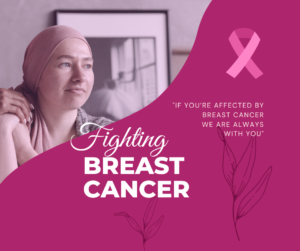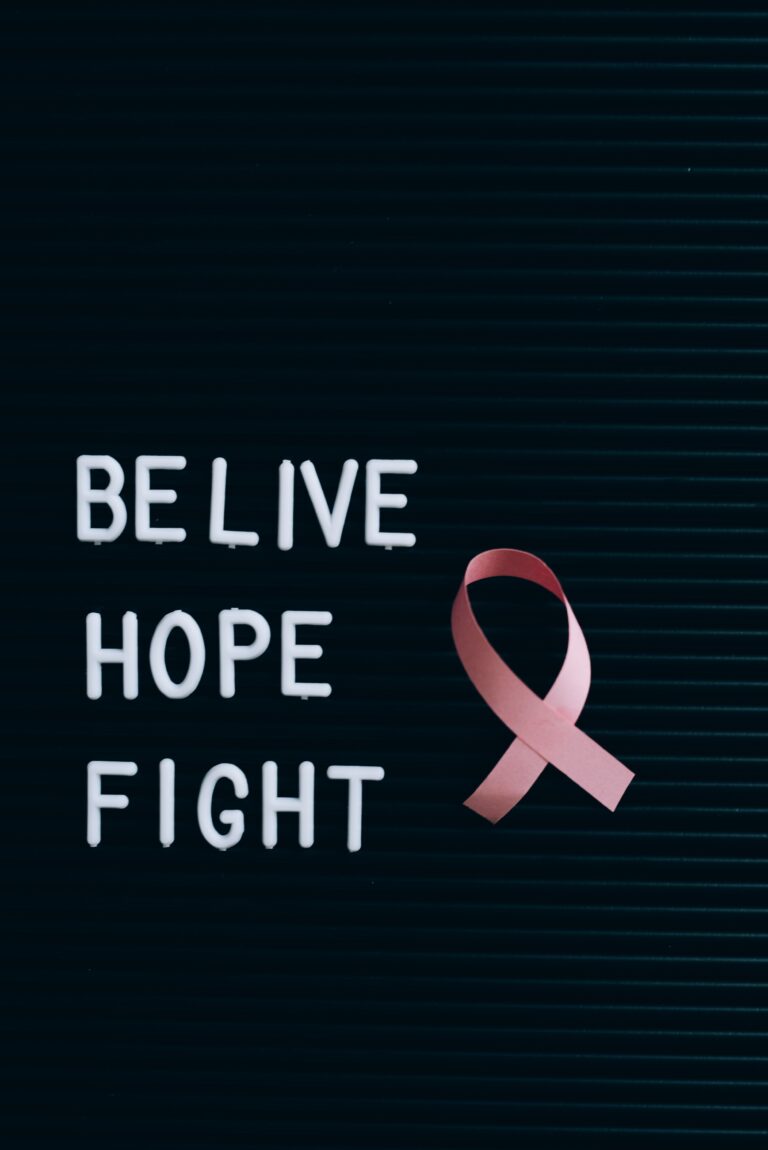Impactful Opinions, meaningful Rewards!
Breast Cancer Awareness Month is not just about wearing pink ribbons; it's about education, empowerment, and taking action.
The Significance of Breast Cancer Awareness Month:
October marks Breast Cancer Awareness Month, a time when the world turns its attention to one of the most prevalent and impactful diseases affecting women globally. In this blog, we will delve into the essential aspects of breast cancer: its nature, early detection, the inspiring stories of survivors, insights from senior breast cancer doctors, and the significance of participating in breast cancer research for survivors and their loved ones.
According to Worldwide cancer data, Breast and lung cancers were the most common cancers worldwide in 2020, accounting for 12.5% and 12.2% of all new cases diagnosed, respectively. [Source: https://www.wcrf.org/cancer-trends/worldwide-cancer-data/]

Understanding Breast Cancer:
Breast cancer is a complex disease that develops when abnormal cells in the breast tissue grow uncontrollably. It can affect both women and men, though it is more common in women. The two primary types are invasive and non-invasive (in situ) breast cancer. Early detection plays a crucial role in improving the chances of successful treatment.
Early Detection Saves Lives:
Early detection is often the key to successful treatment and recovery from breast cancer. Regular breast self-exams and routine mammograms are essential tools for early detection. Women should start performing breast self-exams at home and consult their healthcare providers for clinical breast exams and mammograms as recommended by their age and risk factors. It’s important to be proactive in monitoring your breast health and seeking medical advice if you notice any unusual changes.
What to Do if You Have Breast Cancer:
If you are diagnosed with breast cancer, your doctor will work with you to develop a treatment plan. Treatment options may include surgery, radiation therapy, chemotherapy, and hormone therapy. The best treatment for you will depend on the type and stage of your breast cancer.

Two main ways to detect breast cancer early:
Breast self-exams: Breast self-exams are a way for women to check their own breasts for any changes. They should be performed regularly, starting at around age 20.
Mammograms: Mammograms are X-ray images of the breasts. They can detect breast cancer before it can be felt or seen by a doctor. Mammograms are recommended for all women starting at age 40.
Warriors: Breast Cancer Survivor Stories
“Life threw me a curve ball in 2017 when I was diagnosed with breast cancer. My husband and I had two young sons at the time and were devastated and terrified. I am beyond grateful that I landed in the office of Dr. Hargis at NCI. He and his amazing staff picked me up carried me through the process and gave me hope when I felt there was none. They became my second family over the next several years as I completed chemotherapy, radiation, and many surgeries. I truly believe it is because of Dr. Hargis and his team that I am here today.”
Melissa is a nurse practitioner and a breast cancer survivor.

“I never thought by the age of 34 that I would experience so many life lessons, but while it was the toughest year and fight of my life- it is also the year I grew the most. I look back and think to myself… how did I do that? There are so many emotions that encompass a cancer journey- pain, anger, tenacity, grit, sadness- but at the end of it all, I feel so thankful. I am so fortunate that my body was strong and accepted the treatment. My doctors took my case seriously because a lot of young patients get overlooked. Every breast cancer survivor has his or her own story- but we all have this unique experience that no one truly understands unless they go through it. It binds us all together!”
Kelly is a survivor who bravely battled Invasive Ductal Carcinoma and endured 17 cycles of chemo.
Insights from Senior Breast Cancer Doctors
To gain a deeper understanding of breast cancer, we reached out to senior breast cancer doctors who have dedicated their lives to treating and researching the disease. They emphasize the importance of regular screenings and early detection, while also highlighting advancements in breast cancer treatment options. These experts stress that knowledge and awareness are key factors in the fight against breast cancer.
Here are a few opinions from other senior breast cancer doctors from our Cancer Panel
Dr. Sanjeev: “Early detection is the single most important thing you can do to reduce your risk of dying from breast cancer.”
Dr. Monica: “Breast cancer is not one disease, but many. We need to tailor our treatments to the individual patient.”
Dr. Edith: “Breast cancer patients deserve access to the best possible care, regardless of their income or insurance status.”

The Role of Research:
Breast cancer is a widely discussed topic, with dedicated researchers and companies working tirelessly to gain insight into the daily experiences of survivors and individuals undergoing treatment. While there are numerous platforms available for survivors and patients to share their perspectives, selecting the appropriate channel is essential to ensure that their voices resonate effectively.
Engaging in breast cancer research plays a pivotal role in enhancing the quality of life for those impacted by this disease. By actively participating in research endeavours, patients can contribute valuable information that aids researchers in unraveling the intricate facets of breast cancer, ultimately leading to more effective treatment methods and prevention strategies. The narratives and insights shared by survivors are priceless resources that steer research endeavours toward tailored and precise solutions.
Here are a few ways that you can participate in breast cancer research initiatives:
Clinical trials: Clinical trials are research studies that test new treatments for breast cancer. Clinical trials are open to breast cancer patients at all stages of the disease.
Surveys: Researchers often conduct surveys to learn more about the experiences of breast cancer patients. Surveys can be completed online or by mail.
Other research projects: There are many other types of breast cancer research projects that patients can participate in. For example, patients can donate tissue samples or blood samples for research.
Survience: A Beacon of Hope
Survience is a Market Research and Consulting firm dedicated to bringing out the true voices of patients affected by various life-threatening diseases. We enable a bridge between patients and researchers, capturing opinions and experiences through different methodologies of research data collection. By participating with Survience, in our survey initiatives, patients and caregivers can share their experiences, concerns, and ideas directly with researchers and companies. Your participation can make a significant impact by ensuring that the voices of breast cancer patients reach the right researchers, leading to advancements in diagnosis, treatment, and support.
Breast Cancer Awareness Month is not just about wearing pink ribbons; it’s about education, empowerment, and taking action. By understanding the nature of breast cancer, promoting early detection, listening to the stories of survivors, and supporting research initiatives like How Survience does it, we can collectively work toward a future where breast cancer no longer poses a threat to our loved ones.
Join the movement this October and help make a difference in the fight against breast cancer. Sign up to our patient community and let your voices be heard.